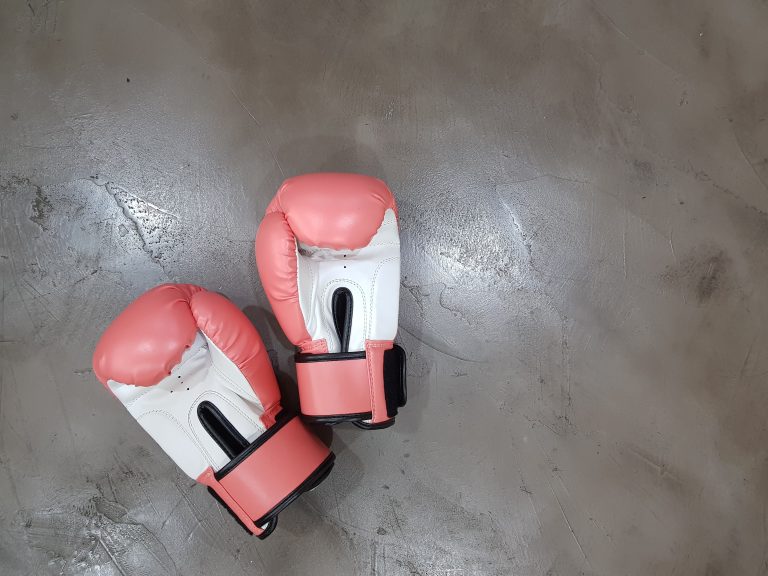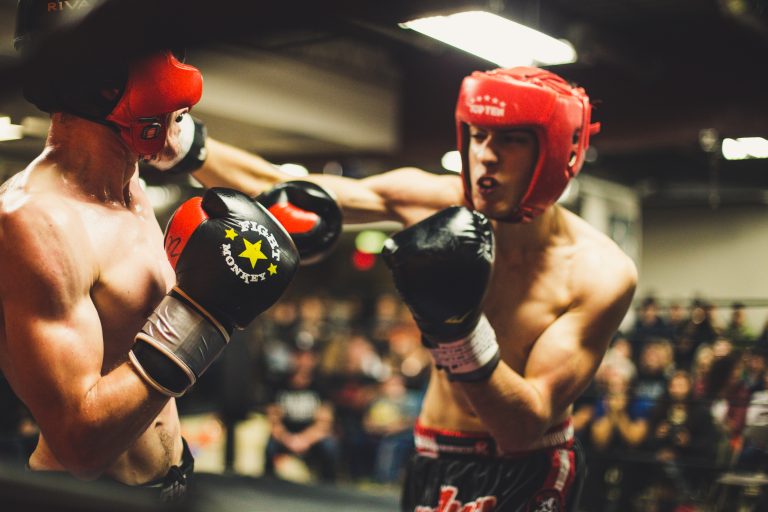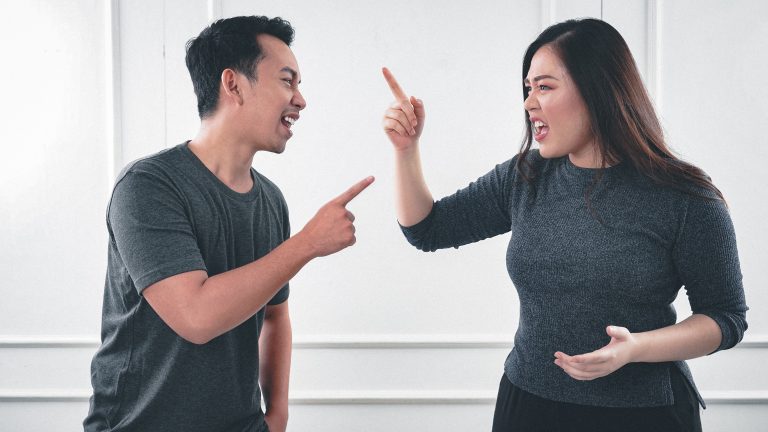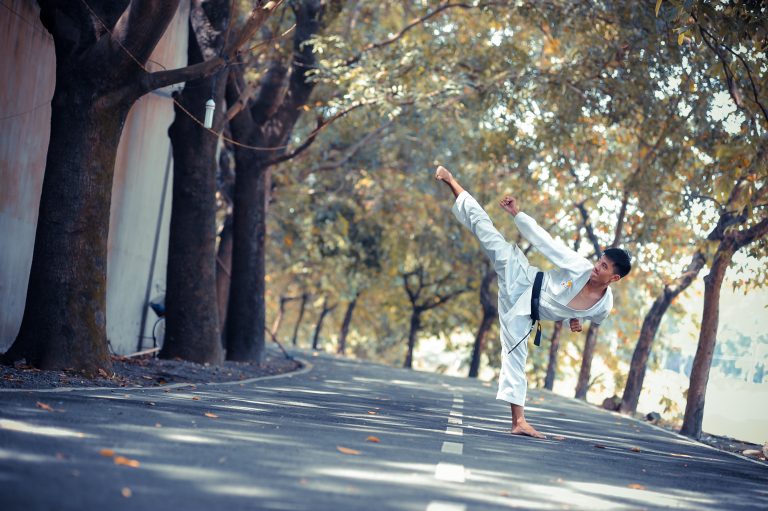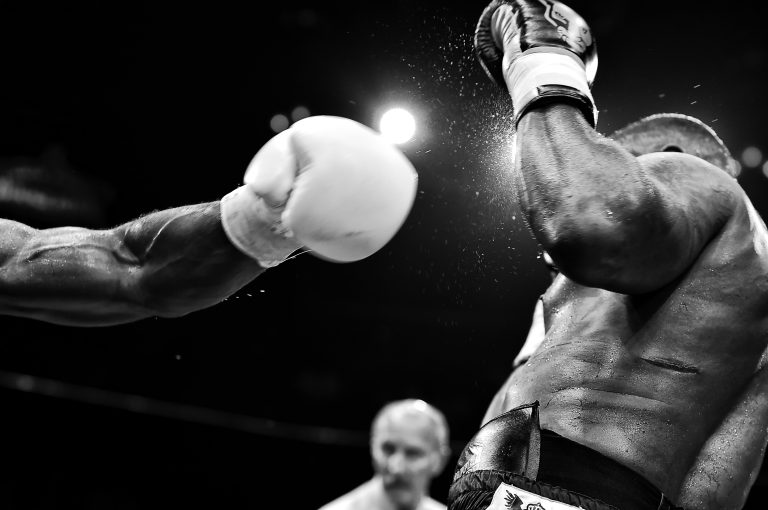Are Karate Techniques Useful in Self-Defense?
When it comes to self-defense and martial arts training, karate is often the first thing that comes to mind. Based on centuries-old Japanese martial arts traditions, karate is a full-body self-defense system that utilizes physical conditioning and specific techniques, such as punching, kicking, and blocking. So, the big question is: are karate techniques useful in self-defense?
What is Karate?
Karate is a martial art that originated in Japan several centuries ago. It is based on a combination of Chinese martial arts and Okinawan weaponry, making it a hybrid of hard and soft styles. The core of karate is composed of blocking, striking, and kicking techniques; it also integrates the power of body movements and the force of the hands and feet, plus some throws and joint locks.
Karate utilizes a variety of hand motions, both empty-handed and armed with different weapons, to provide effective self-defense. It is a holistic system of self-protection, emphasizing body control and training in both physical and mental attributes.
Benefits of Karate Training for Self-Defense
It’s no surprise that karate is a great option for individuals looking to develop self-defense skills. Regular karate training can help boost physical health, coordination, and agility. In addition, the development of martial arts techniques can add an extra level of protection during a violent confrontation. Some of the key benefits of karate training include:
- Mental conditioning: Karate requires a great deal of mental focus, helping to build an individual’s discipline, perseverance, and patience. Through regular practice, individuals can slowly condition their mind to stay calm and stay focused in the face of potential danger.
- Confidence: With regular practice, karate can help build confidence in an individual’s ability to successfully perform self-defense techniques in a real-world situation. It helps build self-esteem and trust by providing individuals with the necessary tools and training to protect themselves.
- Flexibility: Karate movements are based on precision footwork combined with quick body movements; with consistent practice, individuals can improve these quick body movements and develop greater agility and flexibility.
- Strength & Power: Karate training works multiple muscle groups simultaneously, helping individuals develop overall strength and power for more effective self-defense techniques.
Common Karate Techniques for Self-Defense
Karate techniques are numerous from basic to advance self-defense skills. Each technique should be adapted to the situations an individual may find themselves it. Below is list of commonly used karate techniques for self-defense:
- Punching & Kicking: Hand and feet strikes are essential elements of karate self-defense. Proper technique is key including form and power generation.
- Blocking: Blocking techniques help protect a person from physical attacks. Blocking can be done either with an open or closed hand depending on which is effective and safest for the situation.
- Oitsuki / Strikes: Oitsuki is a Japanese term for striking. It is similar to punching but more focused on striking quickly at veins and pressure points.
- Takedowns: Takedowns involve taking an opponent’s balance and taking them off their feet with throws or joint locks.
- Groundfighting: Should a person find themselves on the ground during a fight, the proper groundfighting techniques can be useful for escaping the situation.
Conclusion
Karate can certainly be used as an effective self-defense tool. Regular training helps individuals develop physical fitness and agility, mental discipline and focus, confidence in their abilities, and powerful martial arts techniques. It’s important to practice with a sensei trained in the safe use of karate techniques for self-defense and to research extensively before seeking any form of physical contact. With safety precautions taken and proper practice, karate can be an excellent option for developing real world self-defense skills that can be useful for potentially dangerous encounters.
Are Karate Techniques Useful in Self-Defense?
Many people are looking to improve their self-defense skills to protect themselves in any situation. Karate is one of the popular martial arts that people consider for self-defense purposes. However, this often raises the question: are karate techniques useful in self-defense situations? Here are some of the most frequently asked questions about karate and self-defense.
1. What is Karate?
Karate is a martial art that originated in Okinawa, Japan. It is a striking art that uses kicks, punches, blocks, and open-handed strikes. Karate emphasizes discipline, respect, and physical and mental conditioning.
2. What are the Benefits of Learning Karate for Self-Defense?
Learning karate can provide numerous benefits for individuals looking to improve their self-defense skills. Some of the benefits of learning karate include:
- Improved physical fitness and strength
- Increased confidence
- Improved mental focus and discipline
- Greater control over your body and mind
- Improved reaction time and reflexes
- Effective self-defense techniques
3. Can Karate Techniques be Used in Real-Life Self-Defense Situations?
Yes, karate techniques can be used in real-life self-defense situations. In fact, many of the techniques taught in karate are designed to be effective in real-life scenarios.
However, it’s important to note that karate techniques should be used as a last resort. Avoiding conflict and using de-escalation techniques should always be the first priority. Karate techniques should only be used to protect yourself or others when all other options have been exhausted.
4. How Long Does it Take to Learn Effective Karate Techniques for Self-Defense?
The time it takes to learn effective karate techniques for self-defense varies depending on the individual’s dedication and the quality of instruction. However, with consistent and focused training, most individuals can learn basic self-defense techniques in a matter of months.
It’s important to note that becoming proficient in karate for self-defense purposes requires ongoing training and practice. Continuous training can help individuals hone their techniques and reactions, allowing them to be more effective in self-defense situations.
5. Can Karate Techniques be Used Against Multiple Attackers?
While it’s possible to use karate techniques against multiple attackers, it’s important to keep in mind that fighting multiple attackers will always be more challenging than fighting a single attacker. In these situations, the goal should be to neutralize the immediate threat and escape as quickly as possible.
Karate techniques that focus on quick strikes and movement can be effective against multiple attackers. However, it’s important to remember that avoiding a confrontation is always the safer option in these situations.
6. Is Karate the Best Martial Art for Self-Defense?
There’s no one-size-fits-all answer to this question, as the best martial art for self-defense depends on several factors, including the individual’s physical capabilities, mindset, and the specific self-defense scenarios they may encounter.
While karate can be an effective martial art for self-defense, other martial arts such as Brazilian Jiu-Jitsu, Krav Maga, and Muay Thai, may be more suitable for certain individuals and situations.
Conclusion
Karate techniques can be effective for self-defense in real-life scenarios. However, using karate for self-defense requires ongoing training, practice, and a clear understanding of when and how to use the techniques in real-life situations. Ultimately, the best self-defense techniques are those that avoid confrontation and prioritize de-escalation.
Inhaltsverzeichnis

